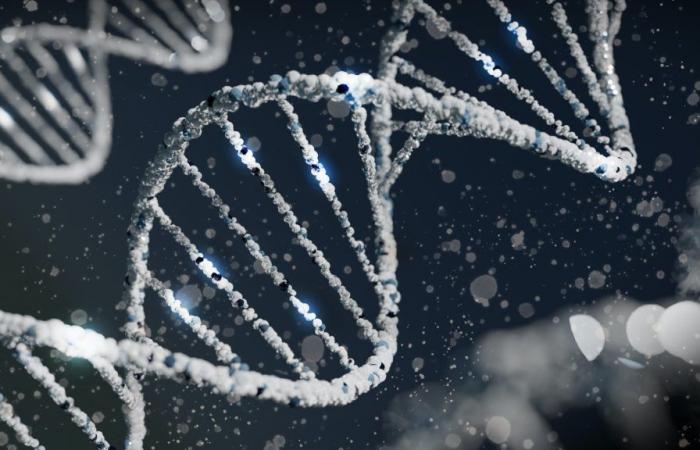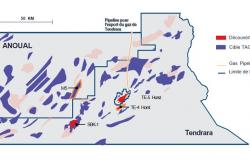The idea of one day having personalized cancer vaccines may be utopian. But if there was a technology that would make it possible to come close, it would be that of RNA vaccines.
The hypothesis did not anticipate the use of these vaccines during COVID. There were, after all, two decades of research behind these vaccines, and many studies had had plenty of time to speculate on the possibilities this new technology opened up.
In July 2017, the British magazine Nature published two studies in quick succession reporting experiments on a patient’s tumors using RNA vaccines. This week, a report in the same journal reported another clinical trial, this time carried out on 157 people starting in March 2020 and involving a combination of an RNA vaccine and a drug called a checkpoint inhibitor. Three years later, the risk of cancer recurrence would be half as high in these patients. Preliminary results were published at the beginning of the year in the medical journal The Lancet.
A more ambitious clinical trial, involving a thousand people diagnosed with melanoma, began in July 2023 and others are in preparation.
In theory, the ability to introduce RNA into a cell could be used to fight infectious diseases as well as cancers. The basic principle being the same: send our body the necessary “instructions” – via what we call messenger RNA – so that the immune system can effectively attack an “enemy”. And this enemy could be, still in theory, as much a virus as a tumor.
Certainly, between a virus and a tumor, there is a margin, but several years ago, genetic medicine, aware of the fact that behind a tumor, there are mutations, decided that if we could learn for our immune system to recognize these mutations, we would have taken a big step forward. While awaiting more solid results with more ambitious clinical trials, caution is required, especially since all cancers are far from based on the same mutations. But already, part of the oncology community is monitoring these developments which provide proof that the initial hypothesis made sense.






